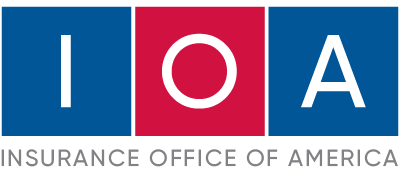.jpg) On March 5, 2018, the IRS released its Internal Revenue Bulletin No. 2018-10 announcing a $50 reduction in the maximum amount a family can contribute to its health savings account (HSA) for 2018. Effective immediately, the new 2018 limit for family contributions is $6,850, down from the originally announced amount of $6,900. For individuals, HSA and high deductible health (HDHP) deductible limits remain unchanged for 2018.
On March 5, 2018, the IRS released its Internal Revenue Bulletin No. 2018-10 announcing a $50 reduction in the maximum amount a family can contribute to its health savings account (HSA) for 2018. Effective immediately, the new 2018 limit for family contributions is $6,850, down from the originally announced amount of $6,900. For individuals, HSA and high deductible health (HDHP) deductible limits remain unchanged for 2018.
HDHP Defined: Family vs. Individual
According to the report, "For taxable years beginning in 2018, the term 'high deductible health plan' means, for family coverage, a health plan that has an annual deductible that is not less than $4,550 and not more than $6,850, and under which the annual out-of-pocket expenses required to be paid (other than for premiums) for covered benefits do not exceed $8,400."
For taxable years beginning in 2018, the term 'high deductible health plan' as defined in § 220(c)(2)(A) means, for self-only coverage [individual], a health plan that has an annual deductible that is not less than $2,300 and not more than $3,450, and under which the annual out-of-pocket expenses required to be paid (other than for premiums) for covered benefits do not exceed $4,550."
Avoid Excise Tax for Excess Contributions
Employees enrolled in a family HDHP may need to adjust current HSA contributions. If the HSA family contribution exceeds the limit, an excise tax of 6% may be imposed to the HSA holder for excess contributions. To avoid the excise tax, employees can change their contribution amount and receive a refund, if applicable.

